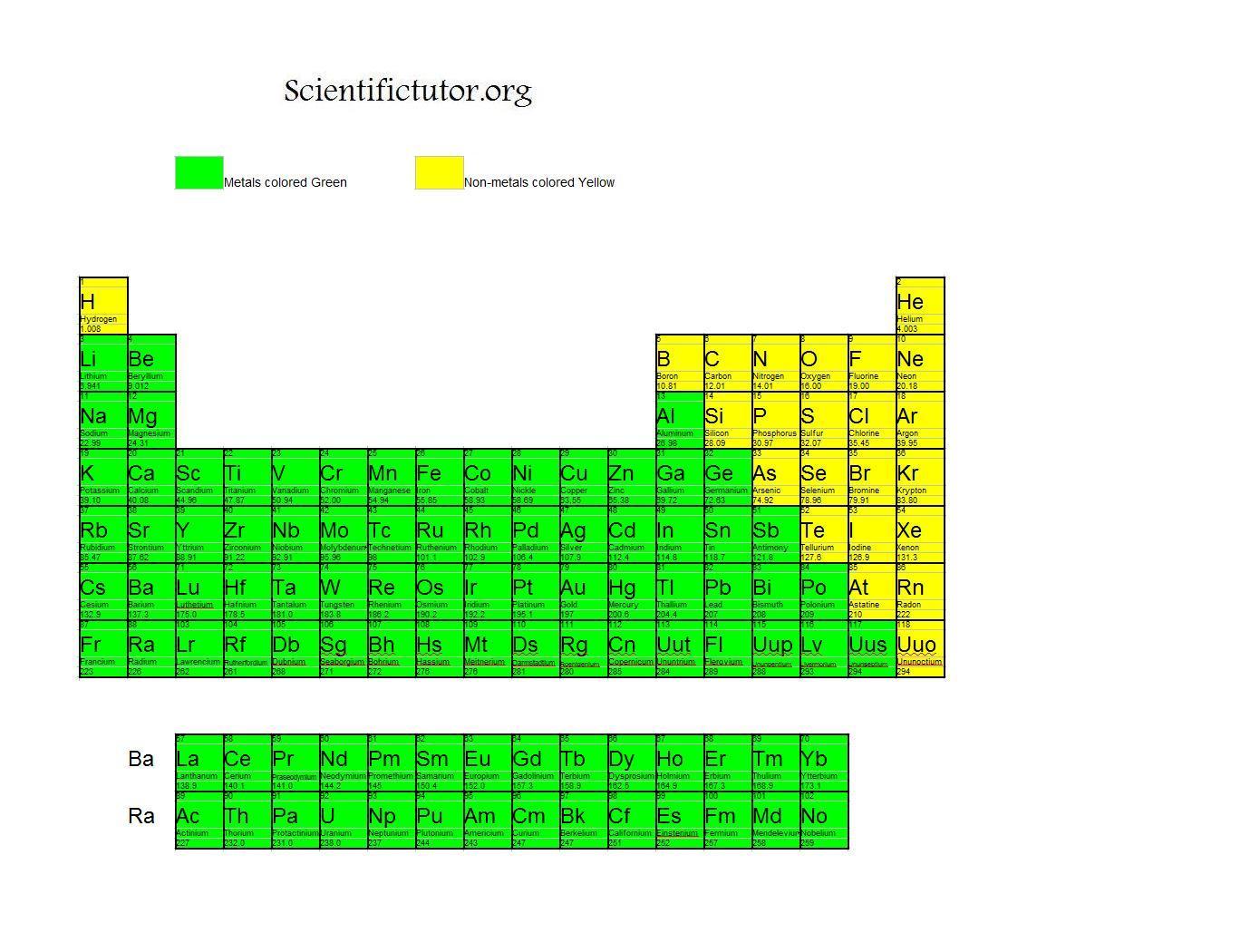Do Metalloids Form Ionic Bonds
Do Metalloids Form Ionic Bonds - Web as all ionic compounds are polar they form salts. The periodic table can help us. Salts(ionic compounds) are generally crystalline in nature and hence contain. Most metal oxides are basic oxides and. Web one way to predict the type of bond that forms between two elements is to consider whether each element is a metal or. For example, silicon dioxide is a covalent compound, while arsenic oxide is. Web a compound that contains ions and is held together by ionic bonds is called an ionic compound. Web metalloids can form both covalent and ionic bonds.
Metallic Bonding Definition and Properties
Salts(ionic compounds) are generally crystalline in nature and hence contain. Most metal oxides are basic oxides and. For example, silicon dioxide is a covalent compound, while arsenic oxide is. The periodic table can help us. Web one way to predict the type of bond that forms between two elements is to consider whether each element is a metal or.
Ionic Bonding Presentation Chemistry
Most metal oxides are basic oxides and. Web a compound that contains ions and is held together by ionic bonds is called an ionic compound. Web one way to predict the type of bond that forms between two elements is to consider whether each element is a metal or. Web as all ionic compounds are polar they form salts. Web.
PPT Ionic Bonding PowerPoint Presentation, free download ID2435173
For example, silicon dioxide is a covalent compound, while arsenic oxide is. Web one way to predict the type of bond that forms between two elements is to consider whether each element is a metal or. Web as all ionic compounds are polar they form salts. Most metal oxides are basic oxides and. Web a compound that contains ions and.
Ionic Bonding Explained Discover Tutoring
Web a compound that contains ions and is held together by ionic bonds is called an ionic compound. Salts(ionic compounds) are generally crystalline in nature and hence contain. Web as all ionic compounds are polar they form salts. Most metal oxides are basic oxides and. For example, silicon dioxide is a covalent compound, while arsenic oxide is.
Chemical Structure Chemical Bonding. Ionic, Metallic & Coordinate Bo…
Web as all ionic compounds are polar they form salts. Web a compound that contains ions and is held together by ionic bonds is called an ionic compound. Web metalloids can form both covalent and ionic bonds. Web one way to predict the type of bond that forms between two elements is to consider whether each element is a metal.
Naming compounds High School/Honors/AP® Chemistry Resources Viziscience
Web one way to predict the type of bond that forms between two elements is to consider whether each element is a metal or. For example, silicon dioxide is a covalent compound, while arsenic oxide is. Web as all ionic compounds are polar they form salts. Salts(ionic compounds) are generally crystalline in nature and hence contain. Most metal oxides are.
Chemical Bonds, Ionic, Covalent and Metallic AQA C2 revisechemistry.uk
Web one way to predict the type of bond that forms between two elements is to consider whether each element is a metal or. Web as all ionic compounds are polar they form salts. Salts(ionic compounds) are generally crystalline in nature and hence contain. For example, silicon dioxide is a covalent compound, while arsenic oxide is. Most metal oxides are.
Chem Covalent, Ionic, and Metallic Bonds (Intramolecular Forces) Scientific Tutor
Web one way to predict the type of bond that forms between two elements is to consider whether each element is a metal or. Web metalloids can form both covalent and ionic bonds. Salts(ionic compounds) are generally crystalline in nature and hence contain. Web as all ionic compounds are polar they form salts. Most metal oxides are basic oxides and.
Metals NonMetals and Metalloids. Metals Lose electrons during reactions Form Ionic Bonds Over
Salts(ionic compounds) are generally crystalline in nature and hence contain. Web as all ionic compounds are polar they form salts. Most metal oxides are basic oxides and. Web a compound that contains ions and is held together by ionic bonds is called an ionic compound. For example, silicon dioxide is a covalent compound, while arsenic oxide is.
Metallic, Ionic, and Molecular Solids Explained with Examples! YouTube
Web metalloids can form both covalent and ionic bonds. Web one way to predict the type of bond that forms between two elements is to consider whether each element is a metal or. Salts(ionic compounds) are generally crystalline in nature and hence contain. Web a compound that contains ions and is held together by ionic bonds is called an ionic.
Web metalloids can form both covalent and ionic bonds. The periodic table can help us. Salts(ionic compounds) are generally crystalline in nature and hence contain. Web one way to predict the type of bond that forms between two elements is to consider whether each element is a metal or. Most metal oxides are basic oxides and. Web as all ionic compounds are polar they form salts. For example, silicon dioxide is a covalent compound, while arsenic oxide is. Web a compound that contains ions and is held together by ionic bonds is called an ionic compound.
Web One Way To Predict The Type Of Bond That Forms Between Two Elements Is To Consider Whether Each Element Is A Metal Or.
Web metalloids can form both covalent and ionic bonds. For example, silicon dioxide is a covalent compound, while arsenic oxide is. Salts(ionic compounds) are generally crystalline in nature and hence contain. Most metal oxides are basic oxides and.
Web As All Ionic Compounds Are Polar They Form Salts.
Web a compound that contains ions and is held together by ionic bonds is called an ionic compound. The periodic table can help us.


.PNG)







